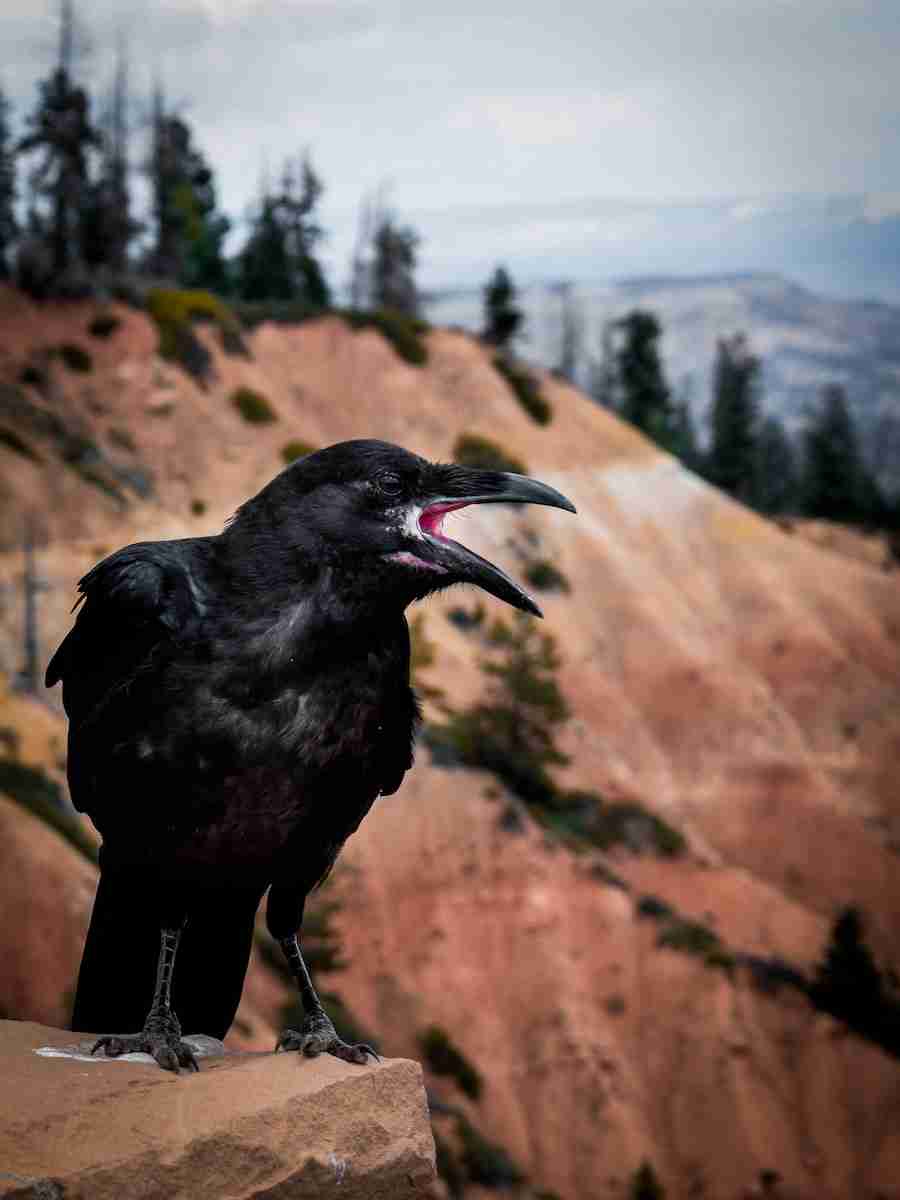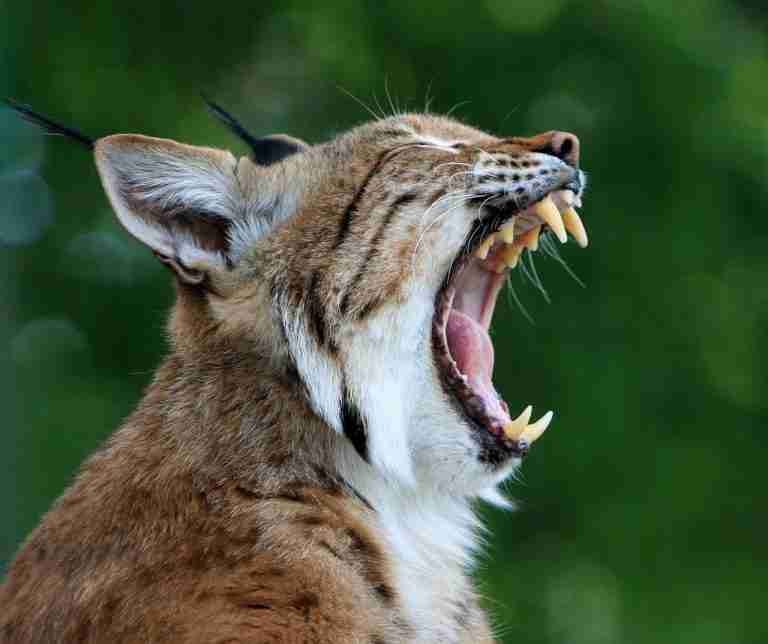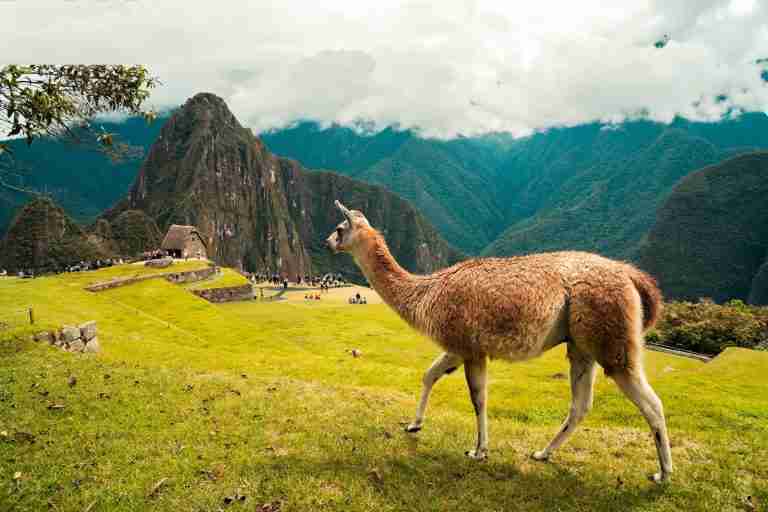26 Fun Facts About Crows | Clever Tricksters
1. They can recognize and remember human faces.
Studies have shown that crows have the ability to remember individual human faces for years.
This remarkable memory helps them identify potential threats or friends.
2. Crows use tools to obtain food.
Crows have been observed using sticks and other objects as tools to extract food from hard-to-reach places.
This tool use is a sign of advanced cognitive abilities.
3. They have complex social structures.
Crows live in large, complex social groups and display sophisticated social behaviors.
These social dynamics are crucial for their survival and success.
4. Crows are highly intelligent birds.
Crows are among the most intelligent birds, known for their problem-solving skills.
This intelligence is comparable to that of great apes and dolphins.
5. Crows communicate with a variety of sounds.
They use a wide range of vocalizations to communicate with each other.
These sounds can convey different messages, from warnings to mating calls.
6. They can mimic human speech and other sounds.
Crows, like parrots, are capable of mimicking sounds they hear, including human speech.
This ability is not common in the wild but can be developed in captivity.
7. Crows hold ‘funerals’ for their dead.
When a crow dies, other crows often gather around the body in what appears to be a mourning ritual.
This behavior might be a way to learn about potential dangers in their environment.
8. Crows mate for life, which is one of interesting fun facts about Crows.
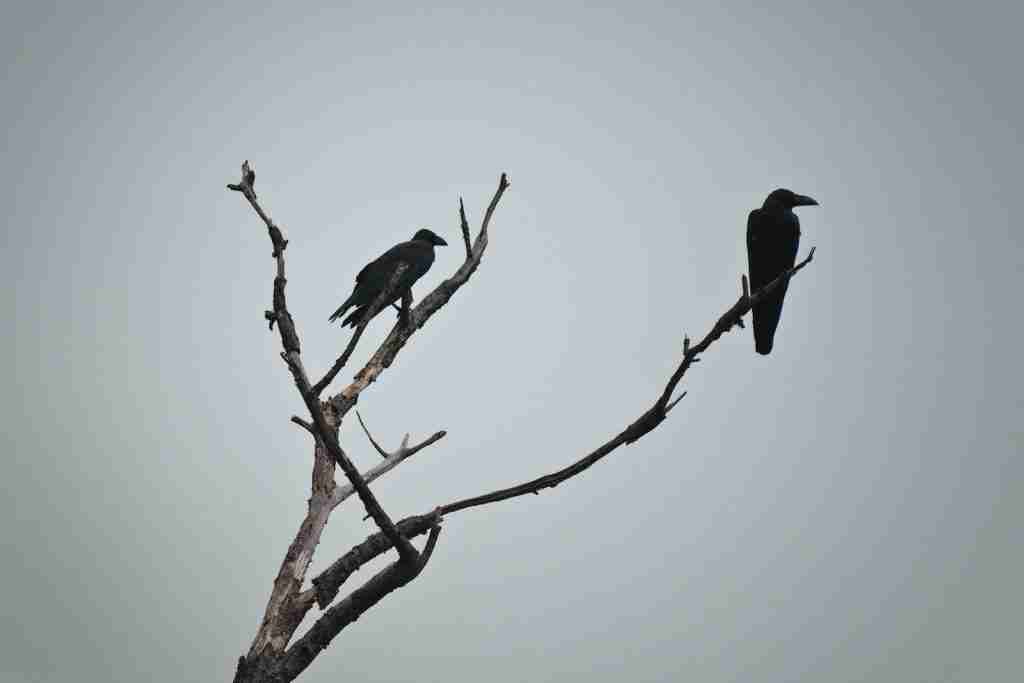
These birds are monogamous, often forming lifelong bonds with their partners.
They work together to build nests, raise young, and defend their territory.
9. They have a lifespan of up to 20 years.
In the wild, crows can live for up to 20 years, which is long for bird species.
In captivity, they can live even longer due to better nutrition and lack of predators.
10. Crows play an important role in ecosystem balance.
As scavengers, crows help in cleaning up the environment by eating carrion and waste.
They also disperse seeds, contributing to plant growth and biodiversity.
11. They are found on all continents except Antarctica.
Crows are incredibly adaptable and can be found in a wide range of habitats worldwide.
This global presence highlights their ability to thrive in various environments.
12. They have been featured in mythology and folklore.
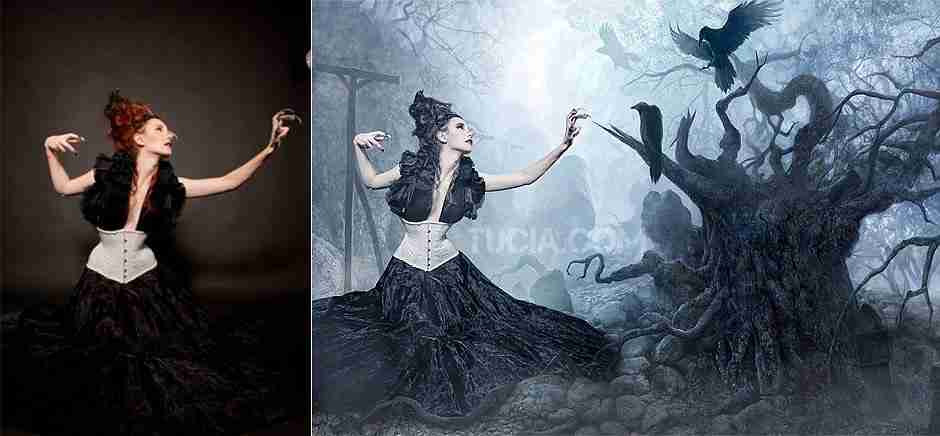
Crows appear in various mythologies and folklore, often symbolizing wisdom or as a bad omen.
These cultural representations reflect their significance in human history.
13. Crows are very adaptable in urban environments.
They have successfully adapted to living in cities, exploiting new food sources and nesting sites.
This adaptability makes them one of the most common urban bird species.
14. Their diet is diverse and opportunistic.
Crows are omnivores, feeding on a variety of foods including insects, fruits, and small animals.
They are also known to eat garbage and carrion, showcasing their opportunistic feeding habits.
15. Crows are known for their problem-solving skills.
They have been observed solving complex puzzles and problems, often for food rewards.
This problem-solving ability is evidence of their advanced cognitive capabilities.
16. They can count up to a certain number.

Research suggests that crows have a basic understanding of numeracy, able to count up to four or five.
This numerical ability is rare among non-human animals.
17. Young crows stay with their parents for years.
Unlike many bird species, young crows often remain with their parents for several years.
This extended family structure helps them learn survival and social skills.
18. Crows have a unique way of drinking water.
Instead of sipping water, crows soak their food in water to make it easier to eat.
This behavior also shows their understanding of basic principles of physics.
19. What is the spiritual meaning of crows?
Crows have diverse spiritual meanings across cultures.
They are often associated with intelligence, transformation, and messages from the spiritual realm. Interpretations may vary.
20. Their brain-to-body size ratio is similar to primates.
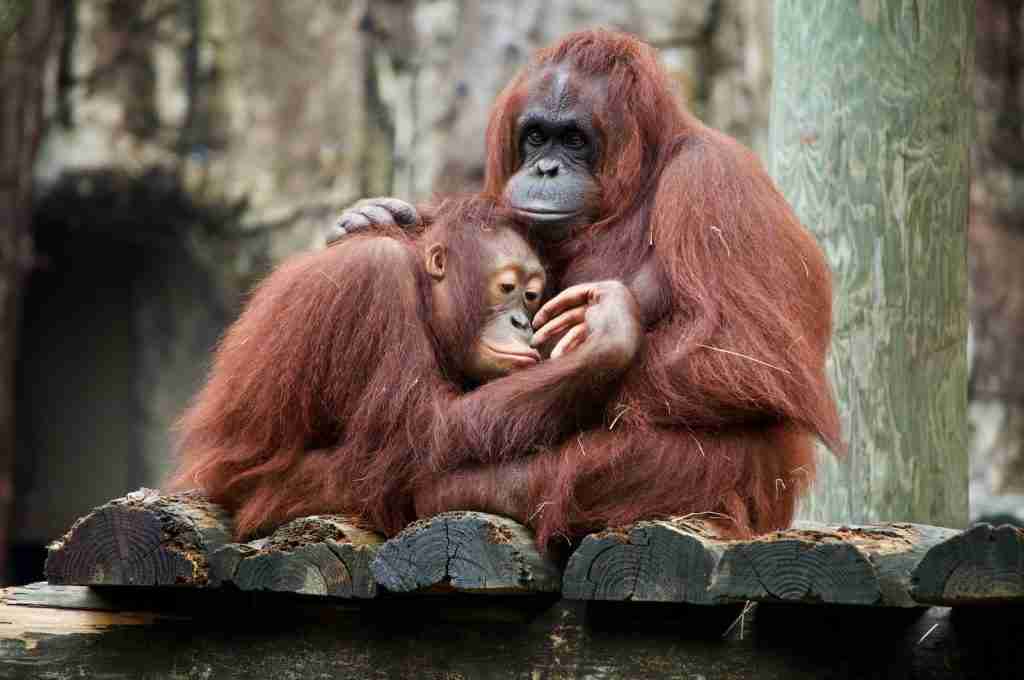
The brain of a crow is proportionally large compared to their body size, similar to primates.
This large brain size is associated with their high intelligence and complex behaviors.
21. Crows can distinguish between different objects and colors.
They are known to have good color vision and can differentiate between various objects and colors.
This visual acuity aids them in finding food and navigating their environment.
22. They are known to hold grudges.
Crows remember individuals who have wronged them and may retaliate or avoid them in the future.
This memory for faces is a part of their survival strategy.
23. Crows nest in large, communal groups.
They often nest in large groups known as rookeries, which can contain hundreds of individuals.
This communal living provides safety in numbers and helps in raising young.
24. Crows can be trained to perform tasks.
In captivity, crows can be trained to perform various tasks and tricks due to their high intelligence.
This trainability has been utilized in research to better understand avian cognition and behavior.
25. Crows have a complex vocalization system.
They use a sophisticated system of calls and noises to communicate with each other.
This communication system is used for various purposes, from alerting danger to social interactions.
26. They show a form of empathy towards other crows.
Crows have been observed consoling and supporting each other, particularly after conflicts or stressful situations.
This behavior suggests a level of empathy and emotional complexity.
FAQs
Yes, crows are highly intelligent birds. They exhibit problem-solving skills, use tools, and show complex social behaviors. Their intelligence is considered remarkable in the animal kingdom.
Crow symbolism varies, representing transformation, magic, or even a messenger between worlds. In some cultures, crows are seen as symbols of change and adaptability.
The spiritual meaning of a crow is often linked to magic, transformation, and spiritual messages. Some view crows as guides between the physical and spiritual realms.
Crows symbolize a range of meanings, including intelligence, adaptability, and mystery. In folklore, they are sometimes associated with death or messages from the divine.
In spiritual contexts, a crow may represent insights, transformation, or a connection between the material and spiritual realms. The meaning can be subjective and culturally influenced.

